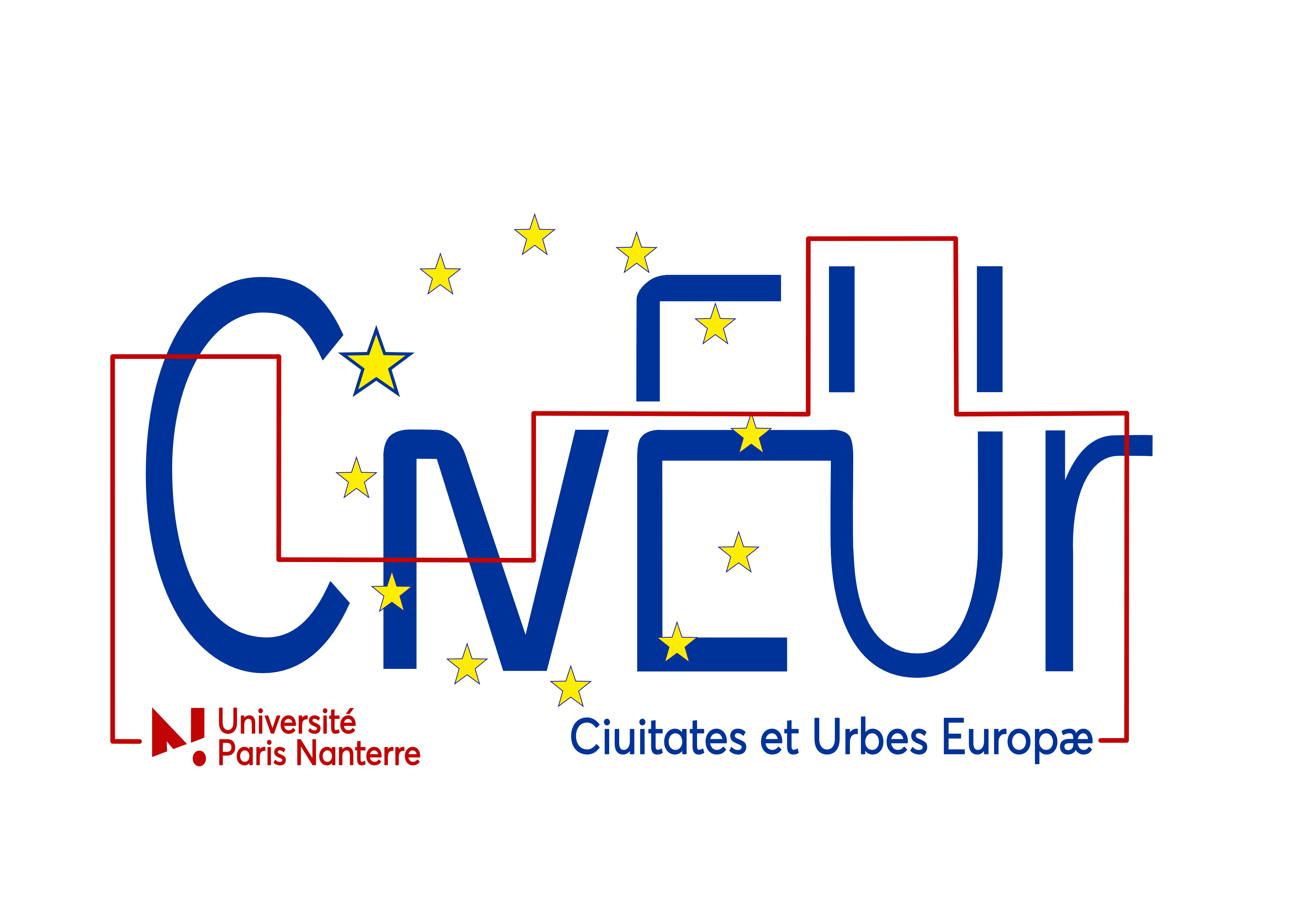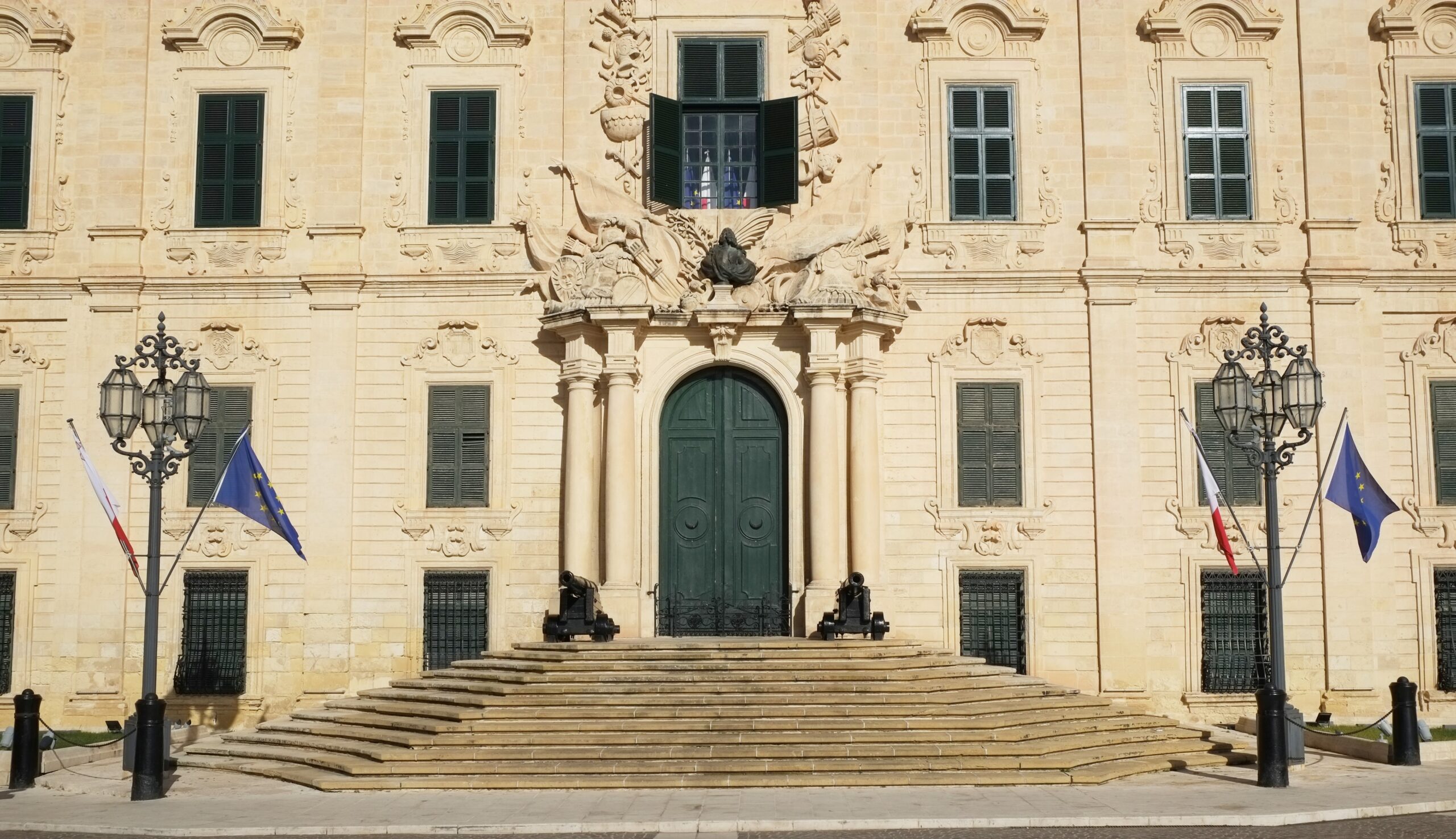The Past of the Continent in the Present
30 Years of the La Valletta (Malta) Convention for the Protection of the Archaeological Heritage in Europe
Le passé du continent au présent. 30e anniversaire de la Convention de La Valette (Malte) pour la protection du patrimoine archéologique en Europe
Chaire Jean Monnet CivEUr : Ciuitates & Urbes Europæ (Cités et villes de l’Europe) : histoire, protection et projet urbain de la ville européenne.
Website : https://civeur.parisnanterre.fr/pratiques-comparees-de-protection-du-patrimoine-archeologique/
The 30th anniversary of the adoption in Malta (16 January 1992) of the Council of Europe’s Valletta Convention on the Protection of the Archaeological Heritage (revised) prompts us today to take stock of the consequences and prospects of this fundamental text. Ratified by 46 states, the impact of this convention has been unprecedented at both scientific and heritage levels. By profoundly restructuring the disciplinary, legal and administrative framework of archaeology, the Valletta Convention has made it possible to acquire new knowledge about the continent’s archaeological and historical past, and it has also made this archaeological past more accessible and relevant to today’s citizens of Europe.
At a time when the world is emerging from a major pandemic, when conflicts are resurfacing and when the environmental crisis is accelerating, there is scope to take stock of the successes achieved by the Valletta Convention and of the challenges ahead. We therefore invite speakers to present at this colloquium their results and assessments on matters of archaeological and heritage management (including, of course, the aspects that need to be improved and strengthened), and to address the legal and operational benefits inspired by the Convention over the last three decades. This overview will make it possible to propose a synthesis on the impacts of the Convention on the themes addressed by the Jean Monnet CivEUr Chair Ciuitates & Urbes Europæ (cities and towns of Europe): « History, protection and the European urban project ». With a view to the future, the colloquium will also highlight the political, economic and identity-related stakes raised by the Convention in relation to the public, to elected officials, and to state or regional administrations. Both public and official representatives will be invited to contribute to our debates and to enrich our conclusions.
The symposium will take place on June 26-27, 2022 in the Jacqueline Lichtenstein auditorium of INHA.
The communications, in French or in English, will last about twenty minutes, followed by a discussion.
The contributions of the Convention
- How do citizens identify with the discipline of archaeology? Can the impact of the discipline on the daily lives of European citizens be specified. How are archaeological considerations included in the territories, the cities and the daily lives of the continent’s citizens?
- What is the perception of the discipline and the professionals? Has the recurrent presence of archaeologists in the streets and territories changed the ‘adventurous’ image of the discipline? What confidence is there in the scientific arguments of archaeologists? What legitimacy does archaeology have in political discourse and social conversation?
- What knowledge of the past of European cities has archaeology provided? What awareness have citizens of being the latest inhabitants of an urban space or a territory? What identity and what attachment to urban identity is conveyed by unearthed historical remains?
The consequences for heritage
- What consequences for the perception of heritage? How have preventive archaeology and heritage protection served to generate attachment to heritage? What construction of the past through the institutions of heritage protection?
- What are the consequences of the Valletta Convention for heritage? What protection for immovable or movable cultural heritage? What repercussions in the illicit traffic of cultural goods?
Economic and social consequences
- What are the economic consequences of the Valletta Convention? How much employment has been generated by the protection of heritage? What are the relationship between archaeology and heritage professionals and regional planning policies? What connections with cultural tourism?
- What are the social consequences? What social activities can be undertaken around conservation projects? What social heritage after 30 years of application? How have planning and urban projects integrated, or not, the material remains and the scientific knowledge produced by the documentation and protection of the archaeological or built heritage?
Scientific consequences
- The societal benefits of the Valletta Convention derive from its scientific benefits, but what are the scientific consequences? How and to what extent have new data from the past transformed historical knowledge and archaeological paradigms ? What new categories of heritage? How and to what extent has the management of these data transformed the methods of analysis and professional practices?
Challenges and prospects
- What were the unforeseen consequences of the Valletta Convention? The convention as it stands is still highly relevant but some weaker points can be recognized and improved: archaeological mapping, scientific infrastructures, « surplus of data and remains ». What fate for the « archives of the soil »? What are the issues and solutions for conserving the thousands of cubic metres of movable or immovable remains produced by preventive archaeology? What scientific use should be made of them? Should the 1992 convention be updated in this respect?
- What are the challenges facing society? The health crisis, the war in Europe, the « urbicide » of cities at war, the environmental crisis and the social and economic crises that will follow have consequences for the protection and knowledge of heritage. Can these challenges be better understood by highlighting the values transmitted by the heritage and history of European cities? What lessons can be learned from this?
Bibliographical indications
- Agúndez Lería, M. (dir.) Herrero de Jáuregui, A., Ciudades + Humanas Patrimonio + Social. Propuestas para el uso del patrimonio urbano como herramienta de integración social, Ministerio de Educación, Cultura y Deporte, Ciudades Patrimonio de la Humanidad, España / UNESCO, Madrid, 2015.
- Bozóki-Ernyey, K. (ed.) European Preventive Archaeology Papers of the EPAC Meeting, Vilnius 2004, National Office of Cultural Heritage, Hungary – Council of Europe, 2007.
- González Villaescusa, R., L’évolution des disciplines géohistoriques : des cadastres aux paysages et l’archéogéographie, Les Nouvelles de l’archéologie, Les nouvelles ont 40 ans ! in A. Averbouh, C. Karlin, (coord.), 157-158, 2019, 119-127.
- Guermandi, M.-P., Salas Rossenbach, K., Twenty years after Malta: preventive archaeology in Europe and in Italy, Istituto per i Beni Artistici, Culturali e Naturali della Regione Emilia Romagna – IBC and individual authors, Bologne, 2013.
- Kajda, K., Marx, A., Wright, H., Richards, J., Marciniak, A., Rossenbach, K., Frase, I., Archaeology, Heritage, and Social Value: Public Perspectives on European Archaeology, European Journal of Archaeology, 21(1), 2018, 96-117. doi:10.1017/eaa.2017.19
- Manolakakis, L., Schlanger, N., Coudart, A., European Archaeology: Identities & Migrations Archéologie européenne: Identités & Migrations, Leiden, Sidestone Press, 2017.
- Marx, A., Nurra, F., Salas Rossenbach, K., Europeans & Archaeology: A survey on the European perception of archaeology and archaeological heritage, NEARCH, 2017, ⟨10.5284/1043770⟩. ⟨hal-01581864⟩
Texts
- Council of Europe, Valletta 1992.Convention for the Protection of the Archaeological Heritage of Europe (revised) (Valletta, 1992) (French : Convention européenne pour la protection du patrimoine archéologique (révisée) (La Valette, 1992)
- Council of Europe, Faro 2005. https://www.coe.int/en/web/culture-and-heritage/faro-convention
- Council of Europe, Nicosia 2017. https://www.coe.int/en/web/culture-and-heritage/convention-on-offences-relating-to-cultural-property


3 commentaires
Les commentaires sont fermés.